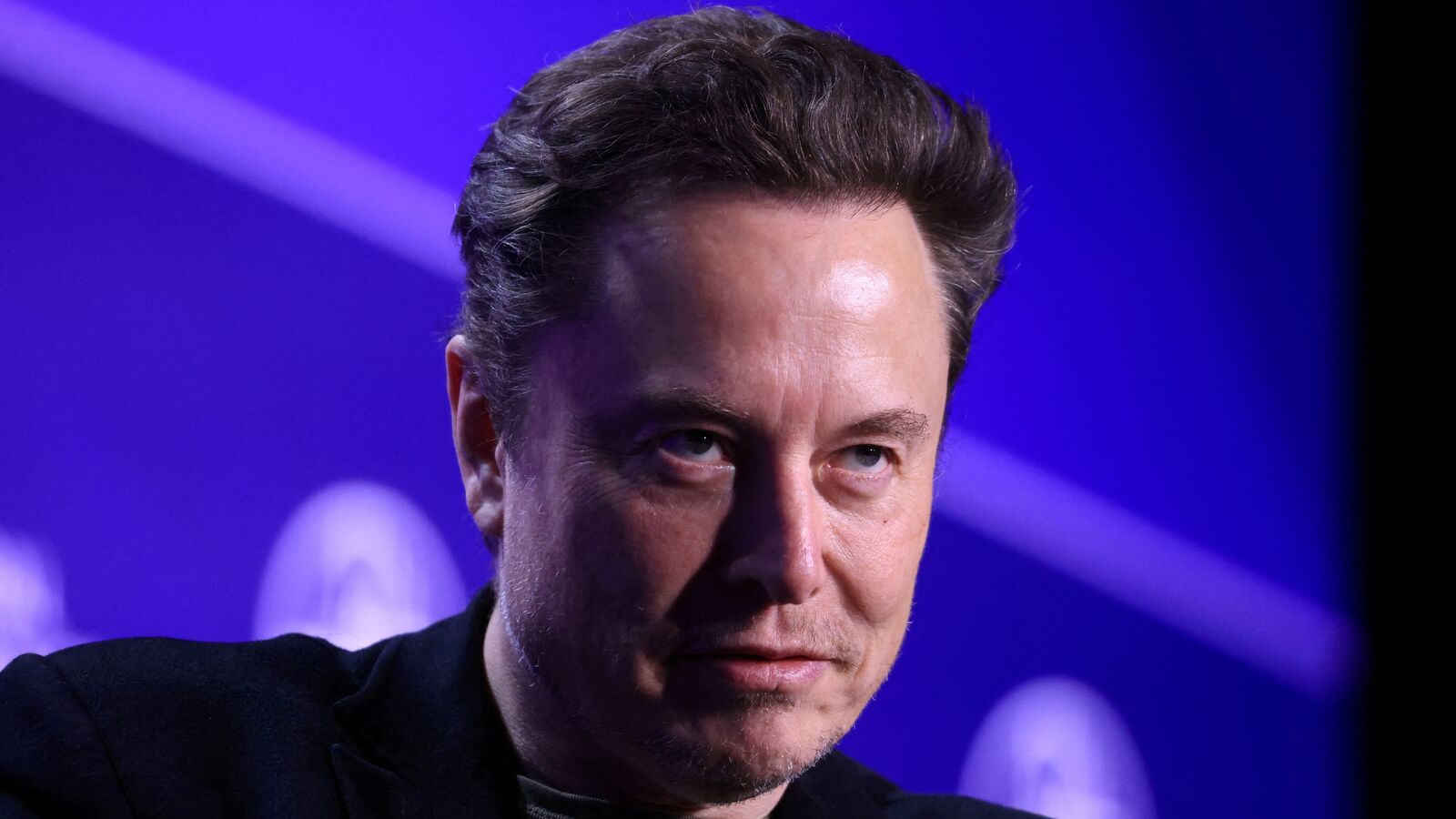- The lack of affordable options in the EV space is being felt even in California, a state with a relatively high level of average incomes.
There’s trouble in America’selectric vehicle heartland,California. That much was evidentwhen state officials this week announced quarterly EV numberson a call featuringnone other than Governor Gavin Newsom. The mood was defensive and included a swipe at the No. 1EV maker in the state, Tesla Inc., whose chief executive has not enjoyed the most cordial relations with Sacramento of late.
Newsom led with a reminder that the mandate to decarbonize California’s new vehicle sales by 2035, “was never an electric vehicle mandate; it was a clean vehicle mandate.” He was referring to how the California Air ResourcesBoard includes fuel-cell and plug-in hybrid vehicles in itsdefinition of zero-emission vehicles, alongside battery EVs. Plug-ins aren’t zero-emission vehicles, even if they do reduce emissions significantly relative to a regular vehicle sporting just an internal combustion engine. Leaving that wrinkle aside, the governor’s desire to revisit definitionsmay have been stoked by this:
Add in plug-ins and the picture for EVs in California looks a little better; the difference between a plus and a minus sign when it comes to growth versus a year before. Still, the slowdown is unmistakable —which is a problem for EVs and for the biggest seller of them in the US, Tesla.
Besides talking up the importance of plug-ins, Newsom went to the trouble of downplaying Tesla. Elon Musk’s EV company accounts for about half of California’ssales, which, in turn, represent 30% of US sales. And Tesla’s sales have stalled out in its former home state, dropping 13% in the first half of 2024, year over year. Since California still accounts for 1 in 8Teslas sold worldwide, this played a significant role in dashing the company’s growth prospects.
An aging vehicle lineup hasn’t helped. For example, sales of the Model 3, launched seven years ago, fell by about 19,000, or almost half, in California during the first six months of the year, and that’s despite a recent facelift. The newer Cybertruck is for the more niche among us, with less than 3,500 sold in California since its launch last November. And while buyers of that angular anomaly may be more comfortable with Musk’s spiraling edgelordism, it’s safe to say the boss’s extracurricular activities coulddeter some West Coasters from the brand — as it seems to be doing elsewhere, too. Even as Musk was warning of “inevitable” civil war in the UK, figures from New Automotive for July showed BMW AG knocked Tesla off the top spot for battery EV sales in the somehow still United Kingdom. Meanwhile, in Germany, where Tesla’s sales fell heavily in the first half of the year, a large drugstore chain just went to the trouble of announcing that it would no longer buy Tesla models for its fleet, citing Musk’s support of a certain climate-skeptical presidential candidate. Newsom clearly isn’t a fan of Musk’s behavior either, but he’s probably also frustrated at the outsizeimpact Tesla’s slowing sales have on California’s green transportation ambitions overall.
One bright spot here concerns Tesla’s rivals, whose continued growth helped to offset cooling demand for Musk’s models to keep sales flat overall. Newsom called out Rivian Automotive Inc. and Ford Motor Co. on the call. Rivian, which reported so-soresults Tuesday evening, enjoyed a 64% jump in sales in California in the second quarter, accounting for 30% of its deliveries overall. Still, Rivian’s market share in California remains less than one-tenth that of Tesla.
The hopeful interpretation is that the growth in non-Tesla EV sales continues even as Tesla’s stabilizes. There are some grounds for this, given that the state has experienced a plateau before andEV sales in California did increase on a quarterly basis after the slump that got going in late 2023. Yet thisis, to borrow a phrase from a certain EV tycoon, like saying that Californiais between two growth waves.
The lack of affordable models —Rivian’s averaged about $84,000 apiece in the second quarter —is being felt even in a state withrelatively high incomes and which seeks to lead a revolution on the roads. Tesla’s pullback from launching a sub-$30,000 model in favor of elusive autonomy has also taken the pressure off other manufacturers, with both Ford and General Motors Co. scaling back their battery EV plans and leaning more heavily into more profitable hybrids and gasguzzlers. The likes of Rivian remain committed —they have no choice —but are effectively racing to reach scale in the next few years and relying on third-party funding to make it .
Progress to date in the US has rested largely on state and federal subsidies and Tesla’s government-like ability to raise capital. The upshot is that the stakes for the EV market in the US writ large this November are high. And yet Musk, still the face of that industry, has thrown his support behind a presidential candidate whohas vowed to end federal EV mandates. No wonder Newsom’s so annoyed.More From Bloomberg Opinion:
This column does not necessarily reflect the opinion of the editorial board or Bloomberg LP and its owners.
Liam Denning is a Bloomberg Opinion columnist covering energy. A former banker, he edited the Wall Street Journal’s Heard on the Street column and wrote the Financial Times’s Lex column.
This article was generated from an automated news agency feed without modifications to text.
First Published Date: 07 Aug 2024, 23:31 PM IST




